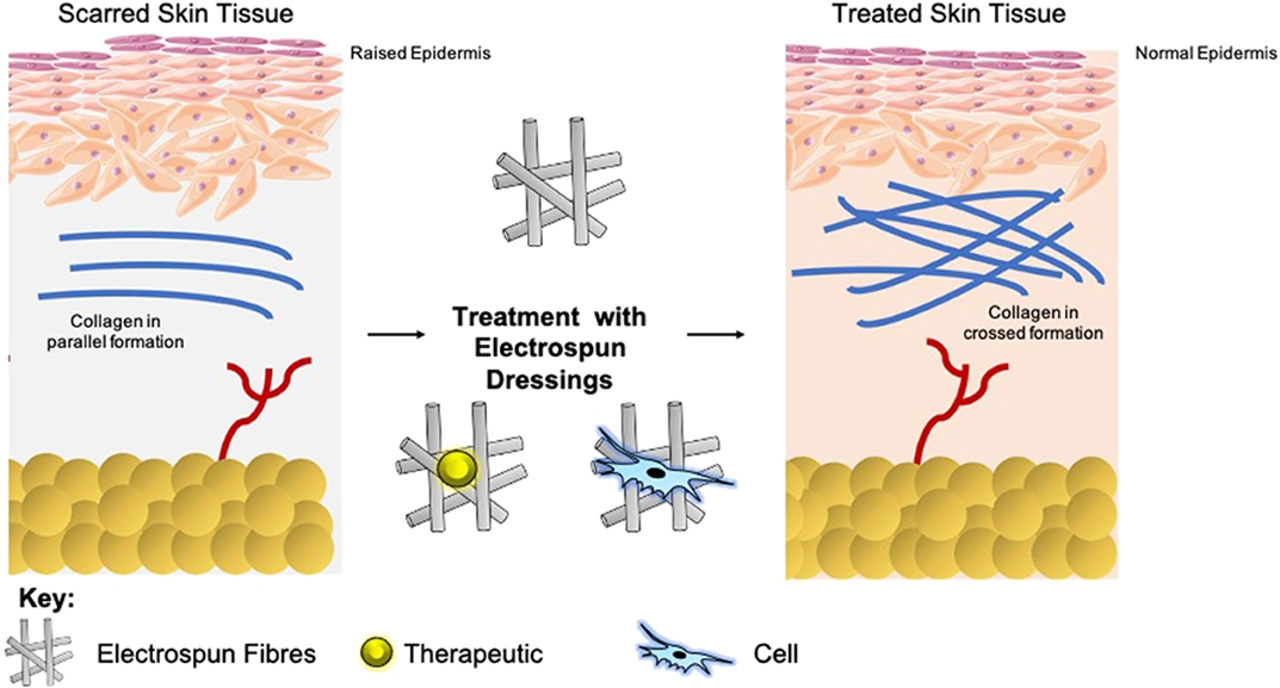Genetics: How Your Genes Affect Health, Meds, and Everyday Choices
Think of your genes as a set of personal instructions. They help determine which diseases you’re more likely to get, how your body handles foods and supplements, and even how well a medicine works for you. That matters when you’re picking treatments or trying to understand unexplained health issues.
Genes come in many versions. Some are harmless, some raise risk for certain conditions, and some change how your liver breaks down drugs. That last bit is called pharmacogenetics — a growing field that helps explain why one person gets side effects from a drug while another doesn’t.
Genetics shows up in everyday health questions. For example, some forms of epilepsy run in families, so knowing family history can speed diagnosis and treatment. Certain nutrient problems and rare conditions also have a genetic link. If you see repeated patterns in your family — the same disease, unusual drug reactions, or early-onset problems — that’s a sign genetics could be involved.
When genetic testing can help
Testing isn’t for everyone, but it’s useful in specific situations. Consider talking to a doctor or pharmacist about testing if you:
- Have family members with the same condition (especially if it occurred young).
- Had unexpected side effects or no benefit from common medicines.
- Need a drug with a narrow safe dose or big interaction risks.
A simple pharmacogenetic test can explain how your body processes common drugs like some blood pressure meds and cholesterol treatments. If testing looks useful, ask who will interpret results, how results affect treatment, and whether your insurance covers it.
How to use this tag page
Use this tag to find practical posts that touch on genetics or drug response. We group articles that help you spot when genes matter and what to ask your provider. Examples on the site include:
- "Famous People with Epilepsy" — real stories that highlight inherited and non-inherited forms of epilepsy.
- "Switching Statins" — covers drug interactions and choices when metabolism or food (like grapefruit) matters.
- "How to Manage Blood Pressure After Stopping Metoprolol" and "Effective Tips for Managing Bisoprolol Fumarate Side Effects" — both useful if you’re wondering whether genetics affects beta-blocker response.
- "Hypophosphatemia: Medications, Interactions, and Side Effects" — explains how drugs and body differences can change lab results.
Read these pieces to get concrete examples, real-world tips, and questions to bring to your doctor or pharmacist. If a post suggests genetic testing might help, it usually also explains next steps and safety points.
Small steps you can take today: write down any family health patterns, keep a list of medicines you’ve tried, and bring both to your next visit. A short conversation with your pharmacist or doctor can often point you toward the right tests or safer drug choices. Your genes don’t decide everything, but knowing how they matter makes health decisions clearer and safer.

